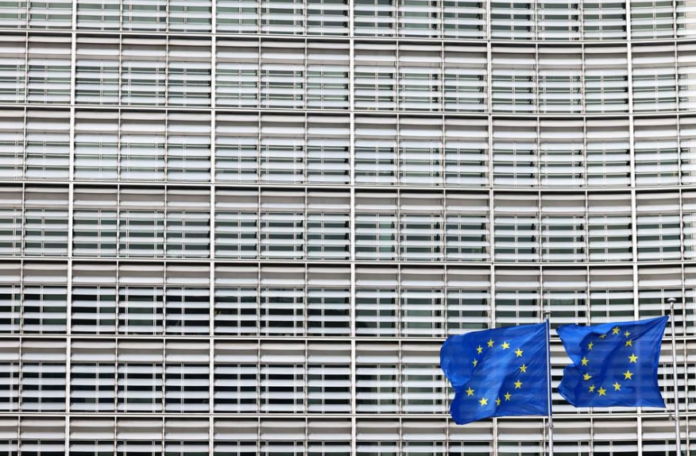Divisions among EU member states and a lack of convergence from EU institutions were on display on Monday over plans to halt aid to Palestine in response to Saturday’s attack on Israel by Hamas, according to Euractiv.
The EU’s disarray reflects longstanding divisions within the bloc over the Israel-Palestinian conflict, even as its member states had been united in condemning Saturday’s attack.
Neighbourhood Commissioner Olivér Várhelyi said the EU executive was putting all its development aid for Palestinians, worth €691 million, under review, adding that all payments were “immediately suspended.”
Europe is one of the main sources of aid to the Israeli-occupied Palestinian territories, where the United Nations estimates that around 2.1 million people need humanitarian assistance, among them 1 million children.
The announcement prompted pushback from several member states – including Ireland, Spain, Portugal and Luxembourg – who had warned against cutting off aid to the detriment of Palestinian civilians and questioned whether the Commission had the authority to take such a decision.
“Our understanding is that there is no legal basis for a unilateral decision of this kind by an individual Commissioner, and we do not support a suspension of aid,” a spokesperson for Ireland’s foreign ministry said.
Other member states such as Germany and Austria had suspended all aid to the Palestinian territories in response to the terror attack against Israel by Gazan militants on Monday, ramping up pressure on the EU to freeze its assistance.
The move was a surprise as EU officials had said earlier in the day that the bloc’s aid to Palestinians would be discussed at an emergency meeting of EU foreign ministers on Tuesday afternoon.
Following Várhelyi’s announcement, the European Commission struggled to clarify which parts of Palestinian aid would be cut.
Crisis Management Commissioner Janez Lenarčič said while he condemned the Hamas attack, EU humanitarian aid to Palestinians in need will “continue as long as needed.”
Later on Monday evening, the European Commission issued a statement confirming it had started an urgent aid review.
“The objective of this review is to ensure that no EU funding indirectly enables any terrorist organisation to carry out attacks against Israel,” it said.
“The Commission will equally review if, in light of the changed circumstances on the ground, its support programmes to the Palestinian population and the Palestinian Authority need to be adjusted,” it added.
However, the EU executive also declared that “as there were no payments foreseen, there will be no suspension of payments”.
But EU chief diplomat Josep Borrell then said the EU would not suspend “due payments”, though the EU’s executive had said no payments were foreseen.
“The suspension of the payments – punishing all the Palestinian people – would have damaged the EU interests in the region and would have only further emboldened terrorists,” Borrell added.
While the Commission declined to further comment on the discrepancy, it clarified that humanitarian aid – separate from funds for development – would continue.
It said it was reviewing to “ensure that no EU funding indirectly enables any terrorist organisation to carry out attacks against Israel”.
European Council President Charles Michel, after a late-night call with UN Secretary-General Antonio Guterres, also weighed in, saying the EU “must not cut off much-needed development and humanitarian aid for civilian Palestinians”.
“This could be exploited by Hamas and exacerbate tensions and hatred,” he added.
The split within the bloc, however, goes beyond mere funding confusions. A Saturday statement on behalf of the EU, issued by Borrell, condemned “in the strongest possible terms the multiple and indiscriminate attacks across Israel by Hamas” and called on the militant group to cease the “senseless attacks and violence”.
But several countries — including Ireland, Luxembourg and Denmark — had been pushing for the EU to call for de-escalation following the surprise Hamas attack on Israel this weekend.
The attempt met strong opposition from other EU member states, which felt a clear statement of solidarity with Israel was more important after the Hamas incursions killed more than 800 people, including 260 at a rave party, and captured dozens of hostages, EU diplomats said.
One EU diplomat said that Austria strongly opposed the idea and considered it a red line for signing off on the statement.


